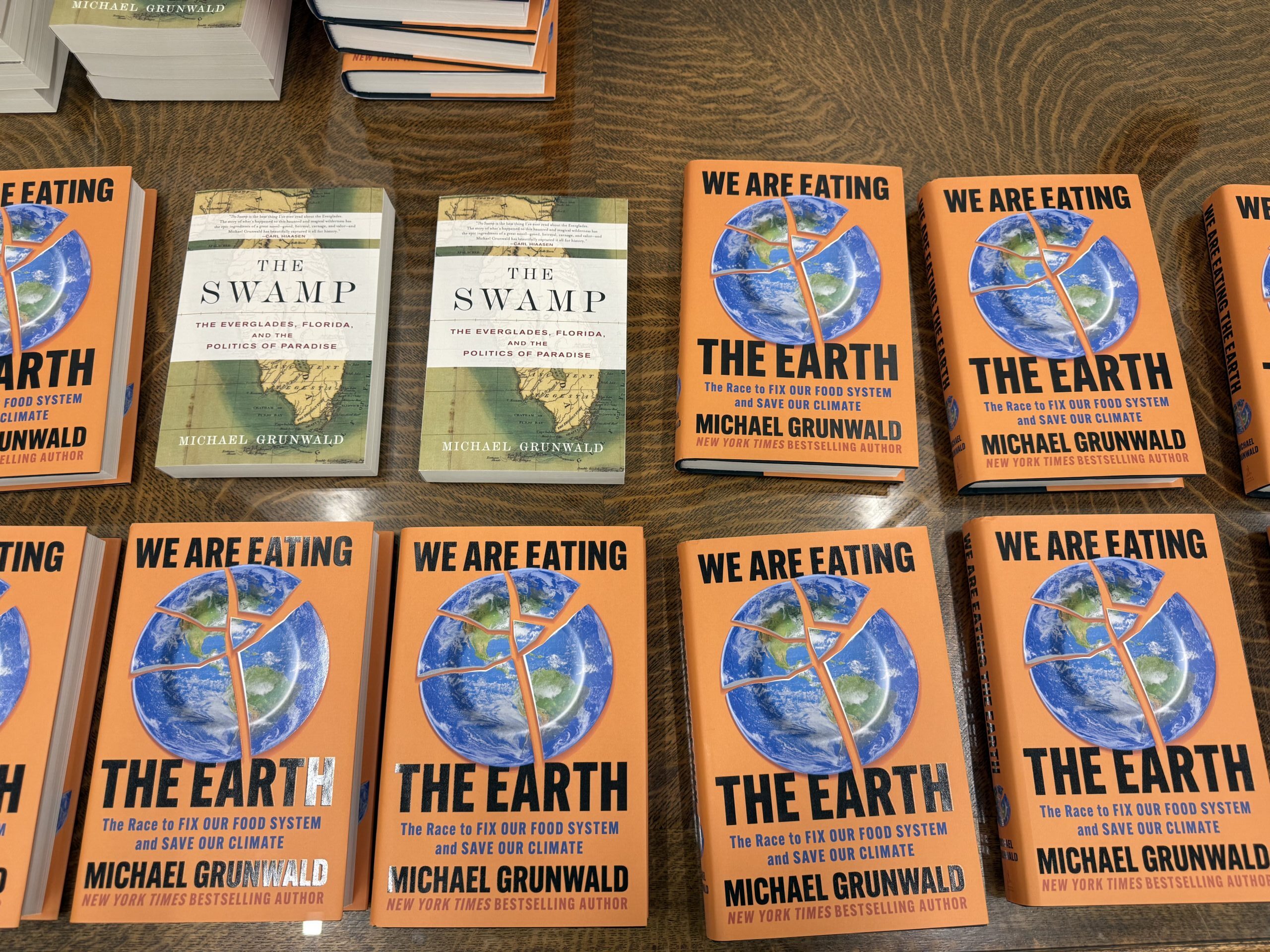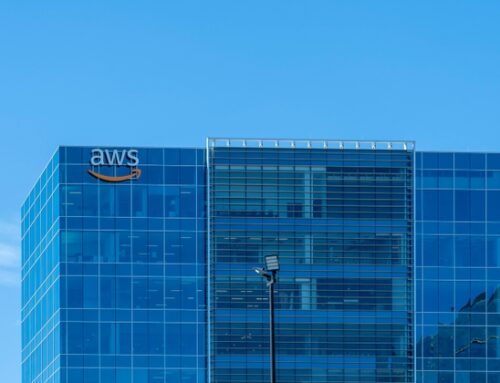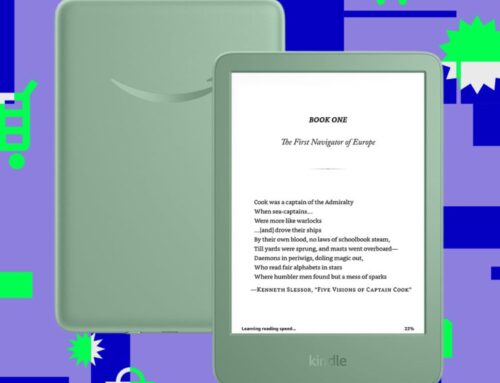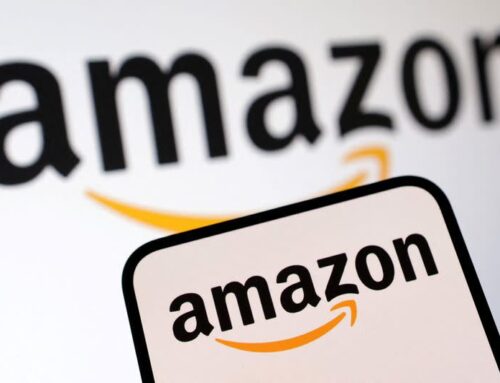Michael Grunwald on the environmental risks of big agriculture
November 20, 2025
Michael Grunwald on the environmental risks of big agriculture – WMNF 88.5 FM
Posted on November 20, 2025 • by Leah Burdick

A new book called “We are Eating the Earth” suggests that modern agriculture is an environmental disaster. Michael Grunwald spoke Tuesday at a seminar hosted by the Institute for Biodiversity Law & Policy on the Gulfport, Florida campus of Stetson University College of Law.
“There really are some environmental costs in intensive agriculture, especially in nutrient pollution from synthetic fertilizer. There are also real environmental benefits from practices such as planting trees in pastures. But the real environmental tragedy of agriculture is the initial transformation of prairies and forests and wetlands and other natural landscapes,” Grunwald told the audience.
He said that large-scale agriculture is a leading cause of water shortages and wetland destruction. There are 12 billion acres of agriculture in the U.S. “It uses 70% of our freshwater, sucking the Colorado River dry,” he said.
Grunwald warned that we are losing forest to agriculture and farms, which are the third leading source of greenhouse gasses.
Another issue is the amount of land used for cattle. Grunwald said beef is especially bad for the environment.
“In the U.S., we use half our agricultural land to produce meat, and it only provides 3% of our calories. Oh, and humanity is expected to eat 70% more meat by 2050,” he said.
Grunwald said that eating plants is more efficient. For example, for every nine calories fed to a chicken, one calorie of meat is produced. Cows can produce dairy multiple times, but meat only once.
This is why he said there needs to be a way to make more food with less land and less fossil fuels. “We need to grow more food per acre,” he told the audience.
He said humanity has cleared more land than the size of Asia to grow food.
Another problem Gruwald mentioned is food waste.
“The average American householder pays more than $2,000 every year on food that ends up in landfills, emitting methane,” Grunwald said.
Instead, he recommends reducing land use and focusing more on lab-grown meat. At home, he said you can start helping the environment by eating less meat – especially beef and lamb. And drink alternatives to dairy, like almond milk.
Grunwald admitted that he is not a vegan, but he cut those specific meats out of his diet. To save food, he dehydrates what’s not eaten or is no longer fresh.
“Perfect isn’t usually on the menu. But it’s better to be imperfect than not to try at all,” he said.
Ways to listen
WMNF is listener-supported. That means we don’t advertise like a commercial station, and we’re not part of a university.
Ways to support
WMNF volunteers have fun providing a variety of needed services to keep your community radio station alive and kickin’.
progress = 75 )”
@barba-enter.document=”progress = 95; speed: 0.5;”
@barba-after-enter.document=”progress = 100″
@barba-after.document=”$store.loadingIndicator = false; $nextTick(() => progress = 0; speed: 3 )”>
Search
RECENT PRESS RELEASES
Related Post




